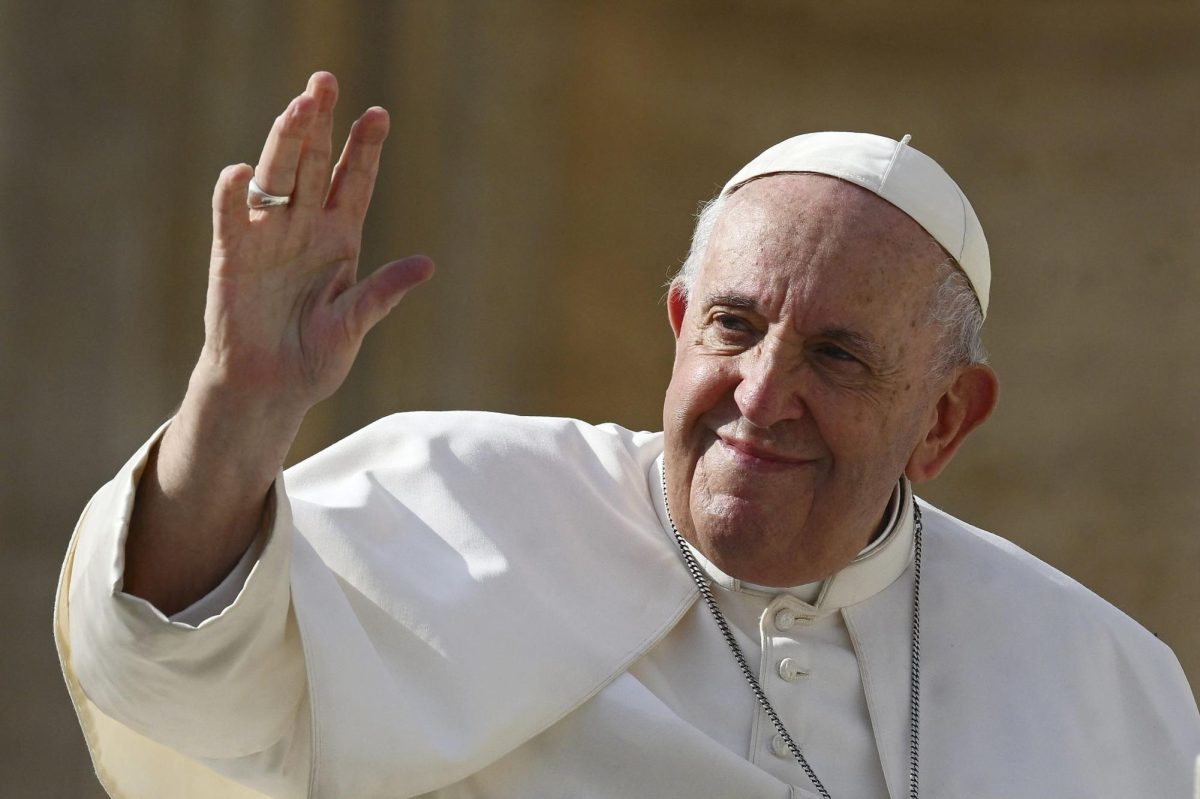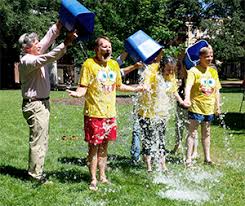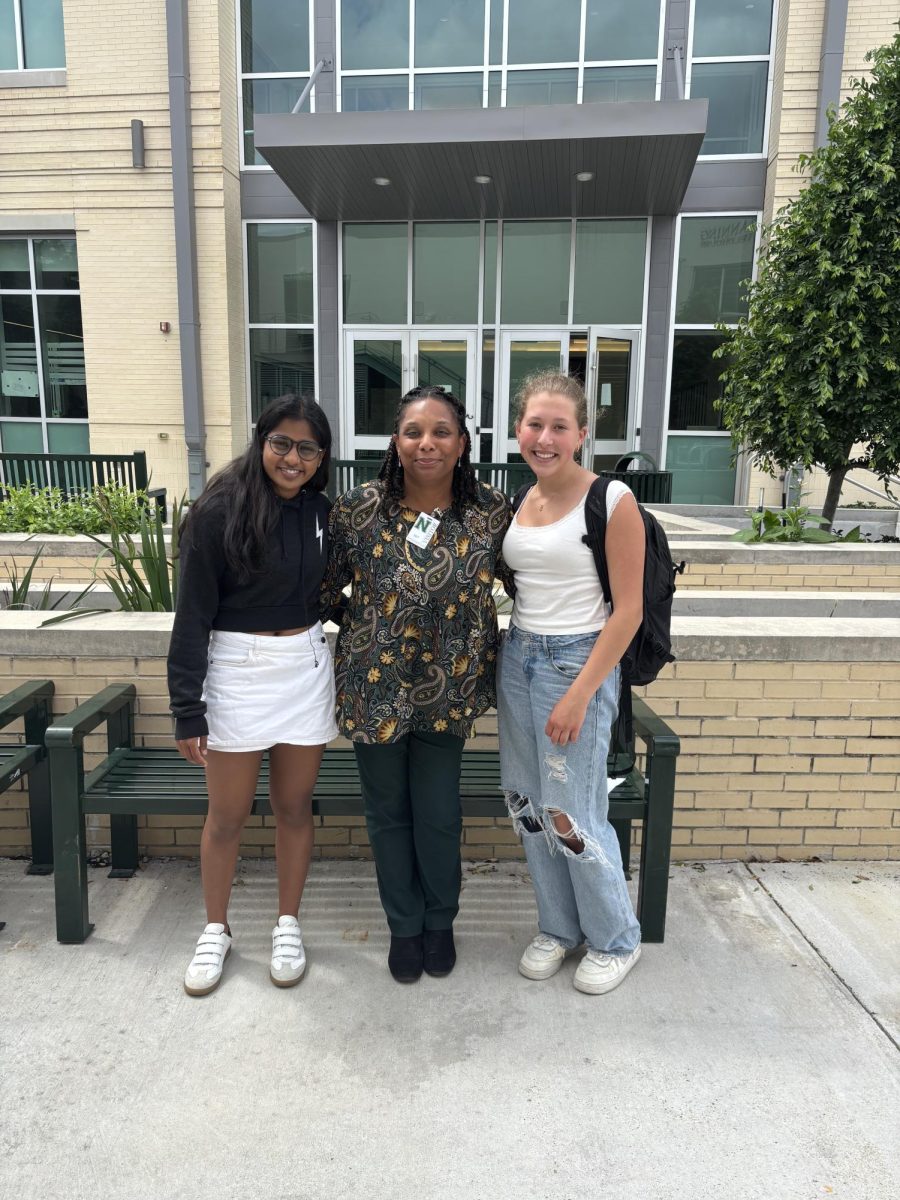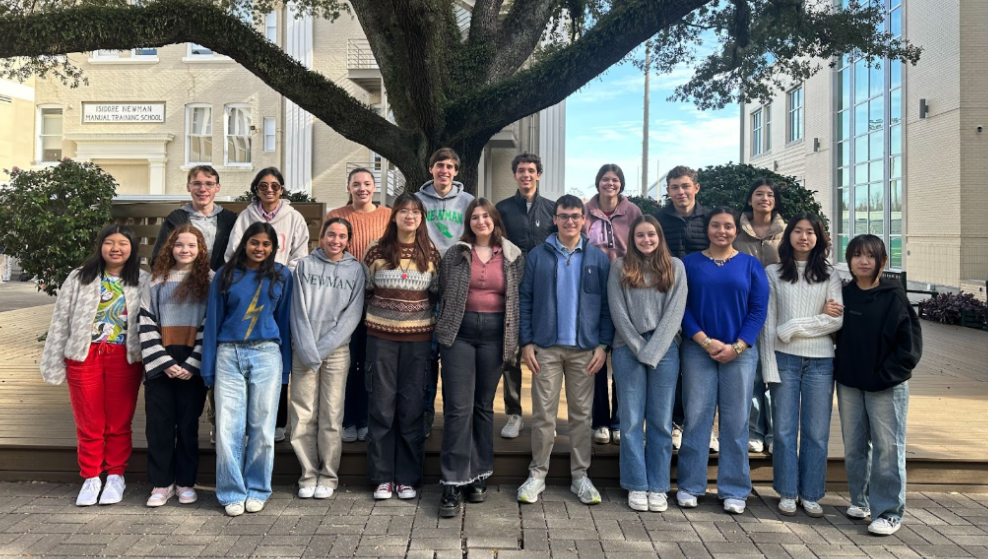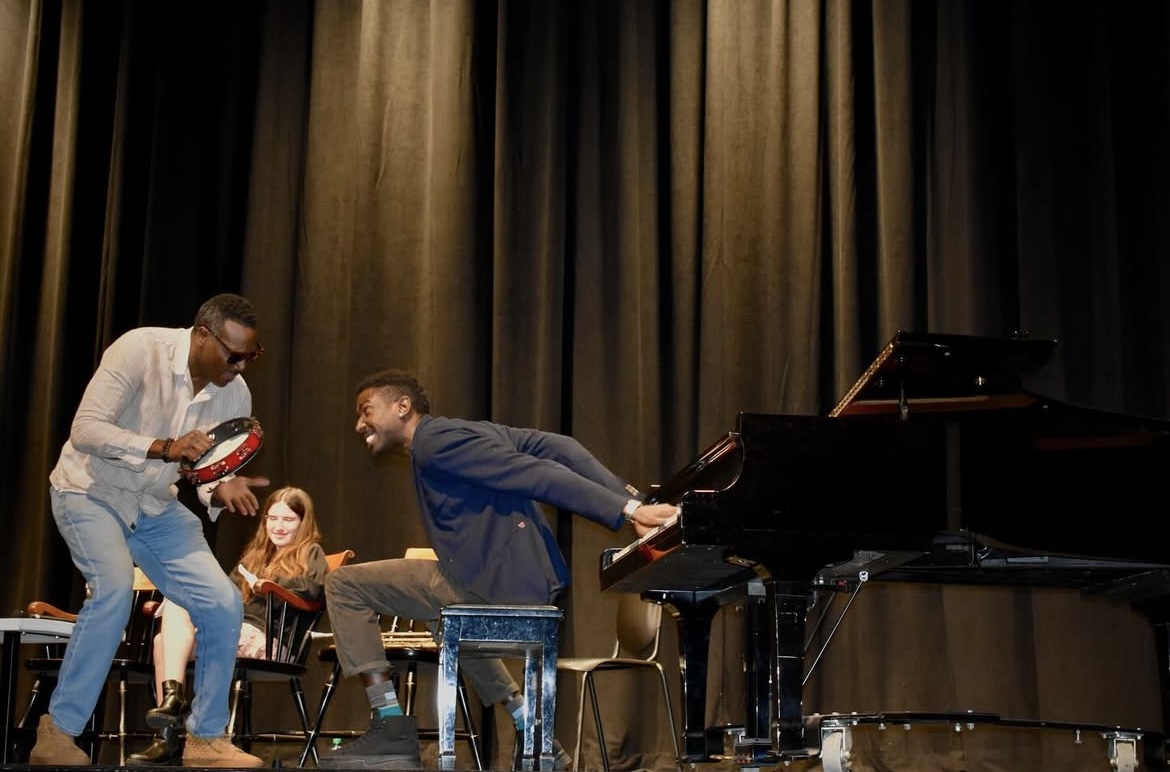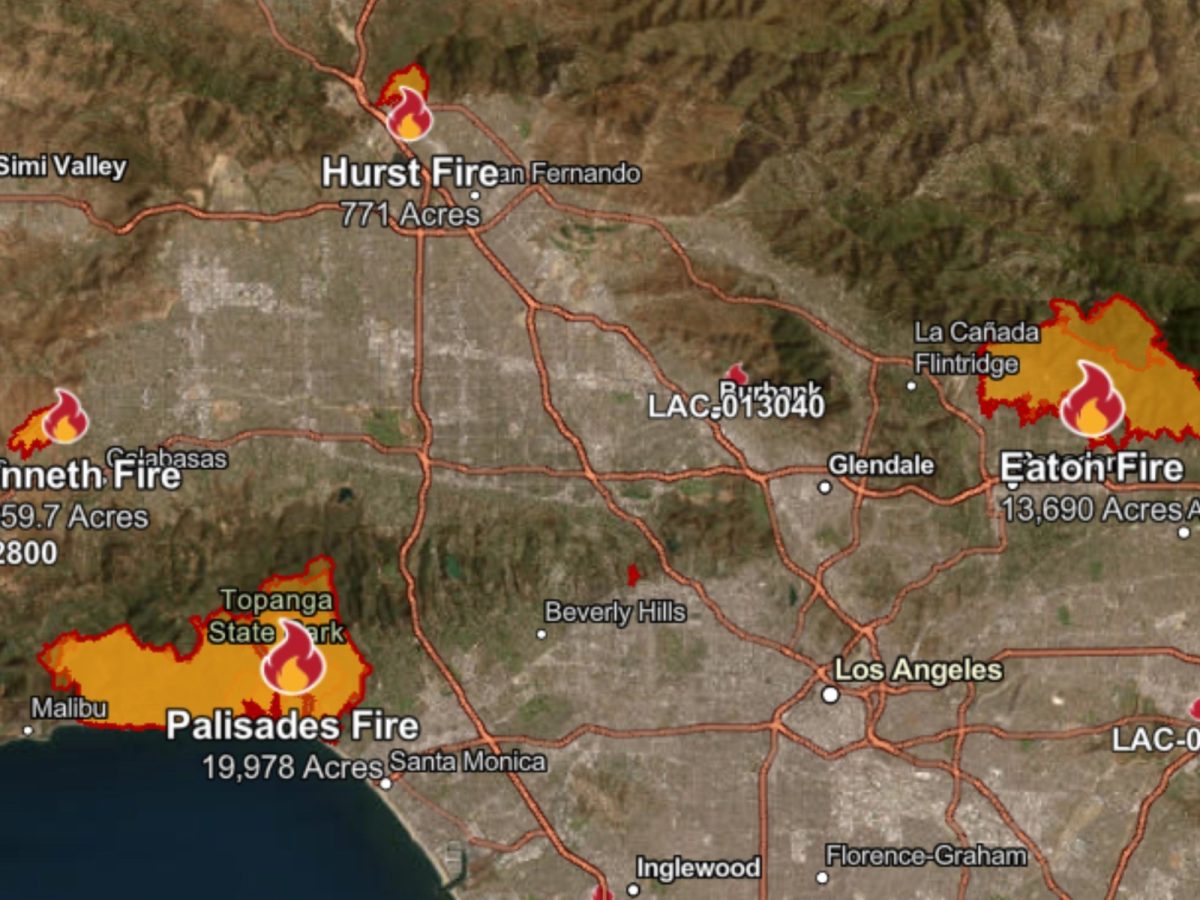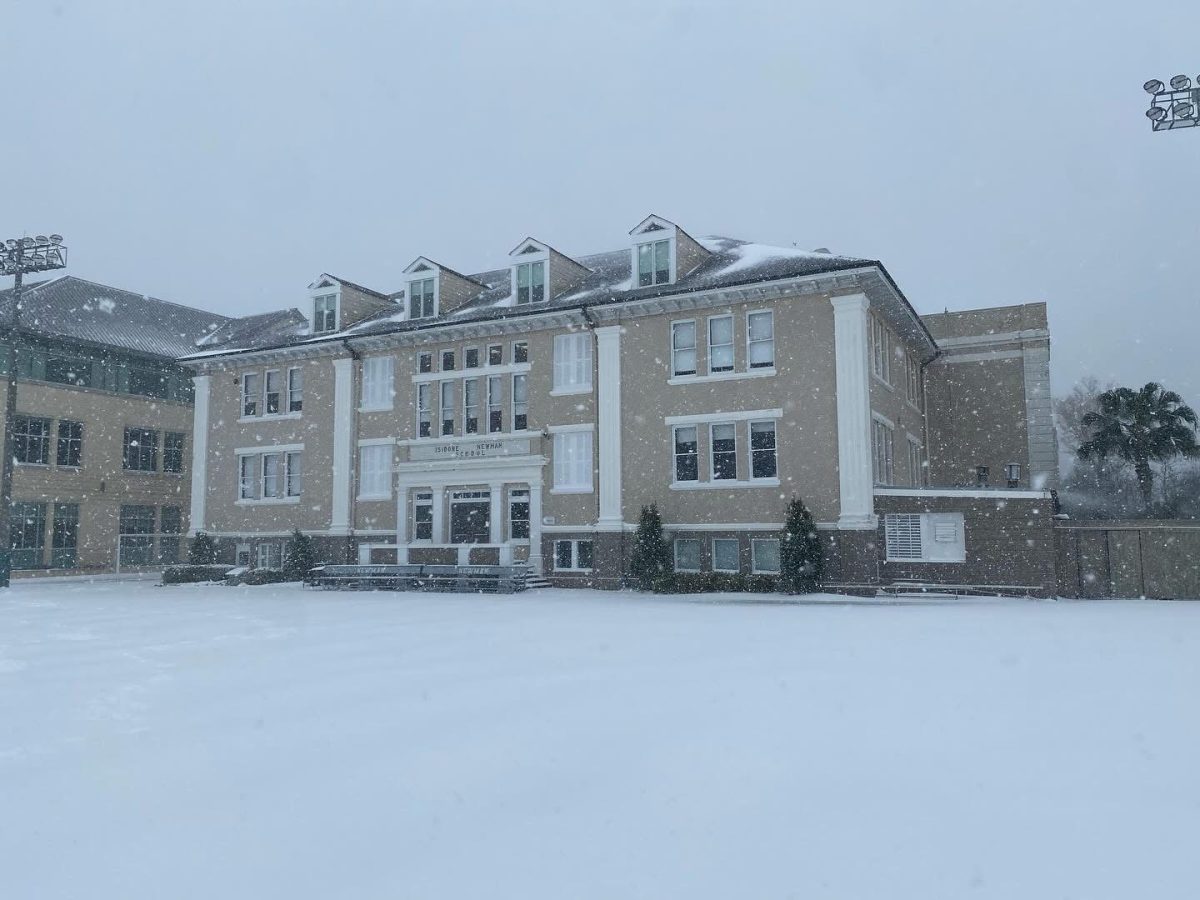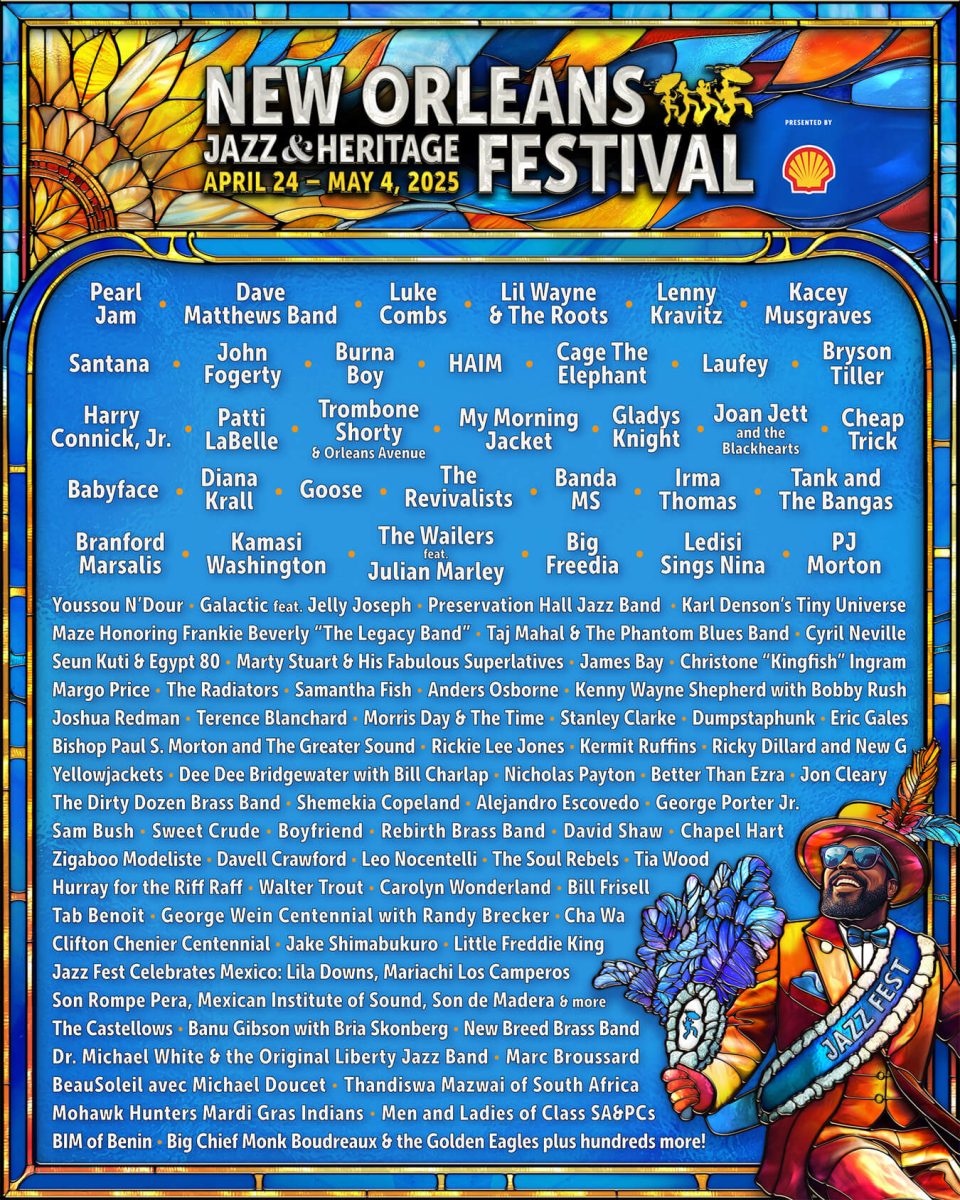On Easter Monday, April 21, 2025, Pope Francis passed away at the age of 88 at his residence in the Vatican’s Casa Santa Marta. His death concluded his 12-year papacy, which was marked by humility, compassion, inclusivity, and his fight for human rights. As confirmed by Vatican medical personnel, his death was attributed to a stroke followed by irreversible cardiocirculatory collapse. Pope Francis’ funeral took place on April 26 in St. Peter’s Square, drawing over 250,000 mourners. His final resting place is the Basilica of St. Mary Major in Rome, beside the icon of the Virgin Mary. From the moment of his election in 2013, Pope Francis sought not just to lead the Catholic Church but to build bridges across religious, cultural, and political divides. Throughout his leadership, Pope Francis championed a vision rooted in solidarity, compassion, and dialogue. He met with leaders of Islam, Judaism, and the Eastern Orthodox Church, becoming the first pope to visit the Arabian Peninsula and co-signing the landmark “Document on Human Fraternity” promoting peace between faiths. Through his papacy, he called urgent attention to global crises like climate change and poverty, as well as insisting on protecting the vulnerable, both human and environmental. Within the Catholic Church itself, Pope Francis was considered progressive in his own way, moving the institution towards greater openness. While never changing the core doctrine, he shifted the tone on issues like LGBTQ+ inclusion, blessing the union of same-sex marriage, and more. With his passing, the attention now turns on who will succeed him–and whether the next pope will continue the steps he took toward greater openness and unity within the church.
The Legacy of Pope Francis
More to Discover
About the Contributor
Yhanie Bermudez, Associate Editor-In-Chief

